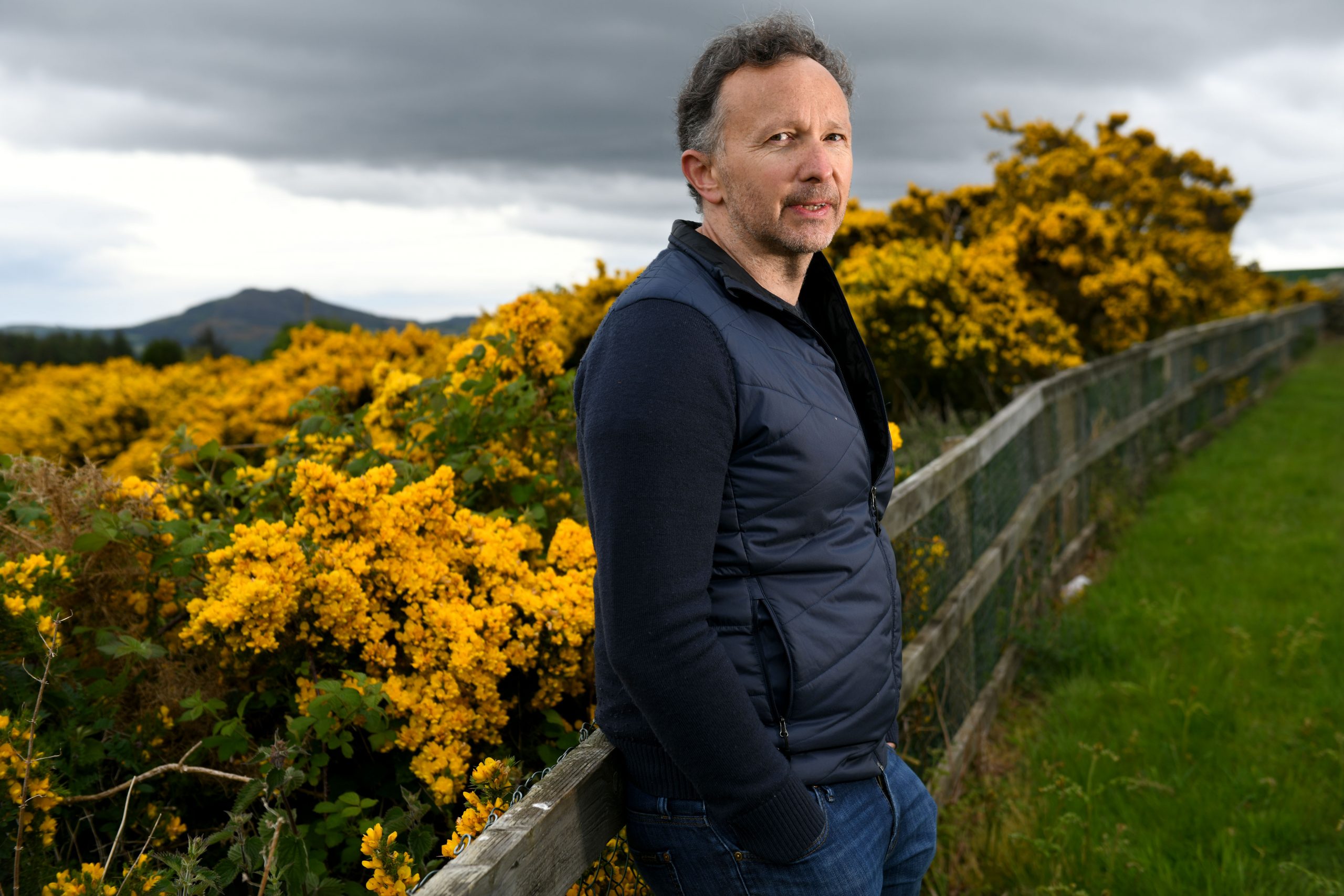A decade on, Norman Crowley’s climate change business is coming together. As the Enniskerry, Co Wicklow-based businessman turns 50 next month, what started as Crowley Carbon, an advisory business helping Irish SMEs to cut their greenhouse gas emissions, is maturing and passing milestones, too. Its clients now range from Google to Glanbia and GE Healthcare. In the past year, Crowley has conducted a series of corporate moves to organise his group. Last April, Crowley Carbon bought a 30 per cent stake in the Welsh company Electric Classic Cars, which forms the launchpad for his own EV brand Electrifi. “What we’re…
Cancel at any time. Are you already a member? Log in here.
Want to read the full story?
Unlock this article – and everything else on The Currency – with an annual membership and receive a free Samsonite Upscape suitcase, retailing at €235, delivered to your door.

